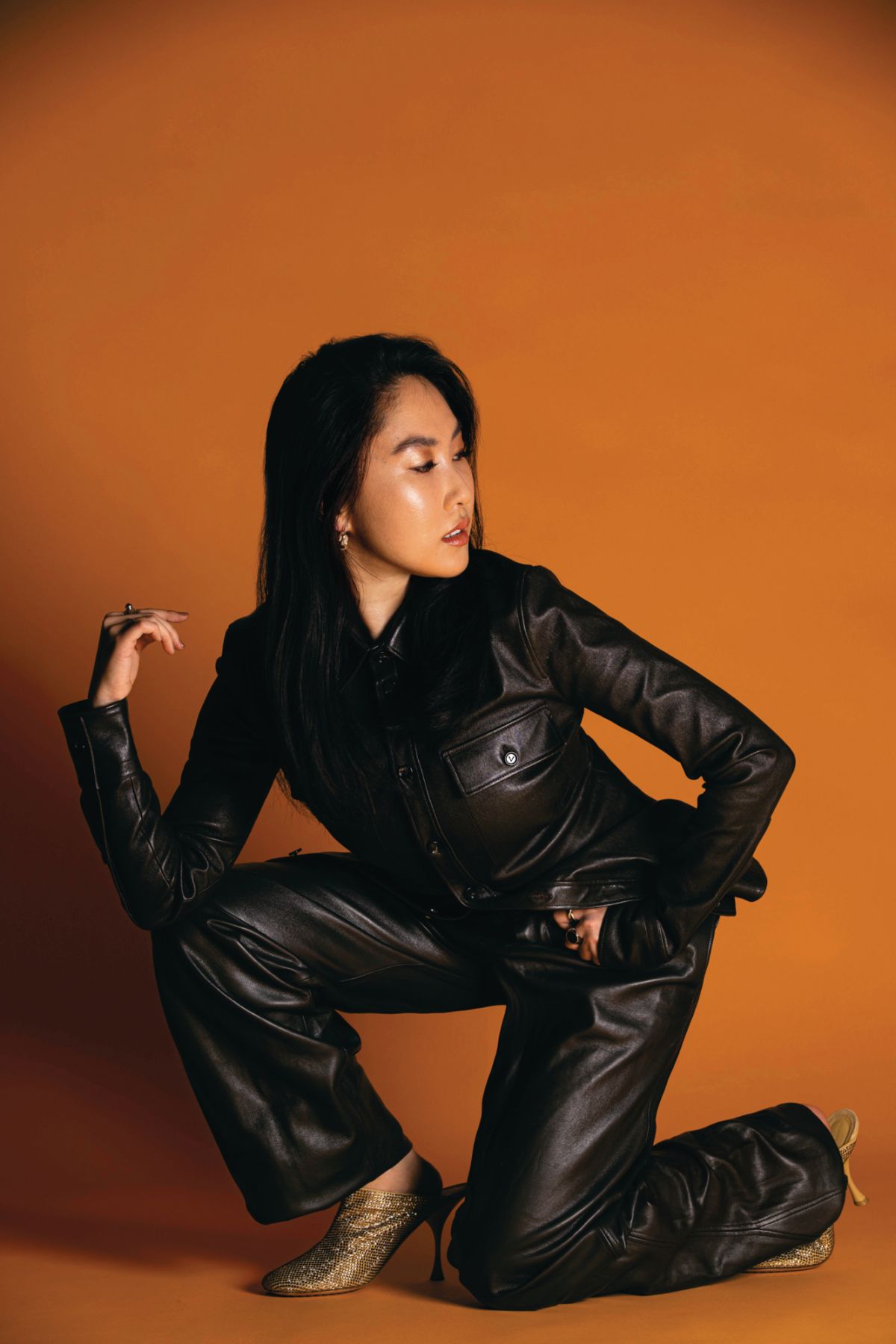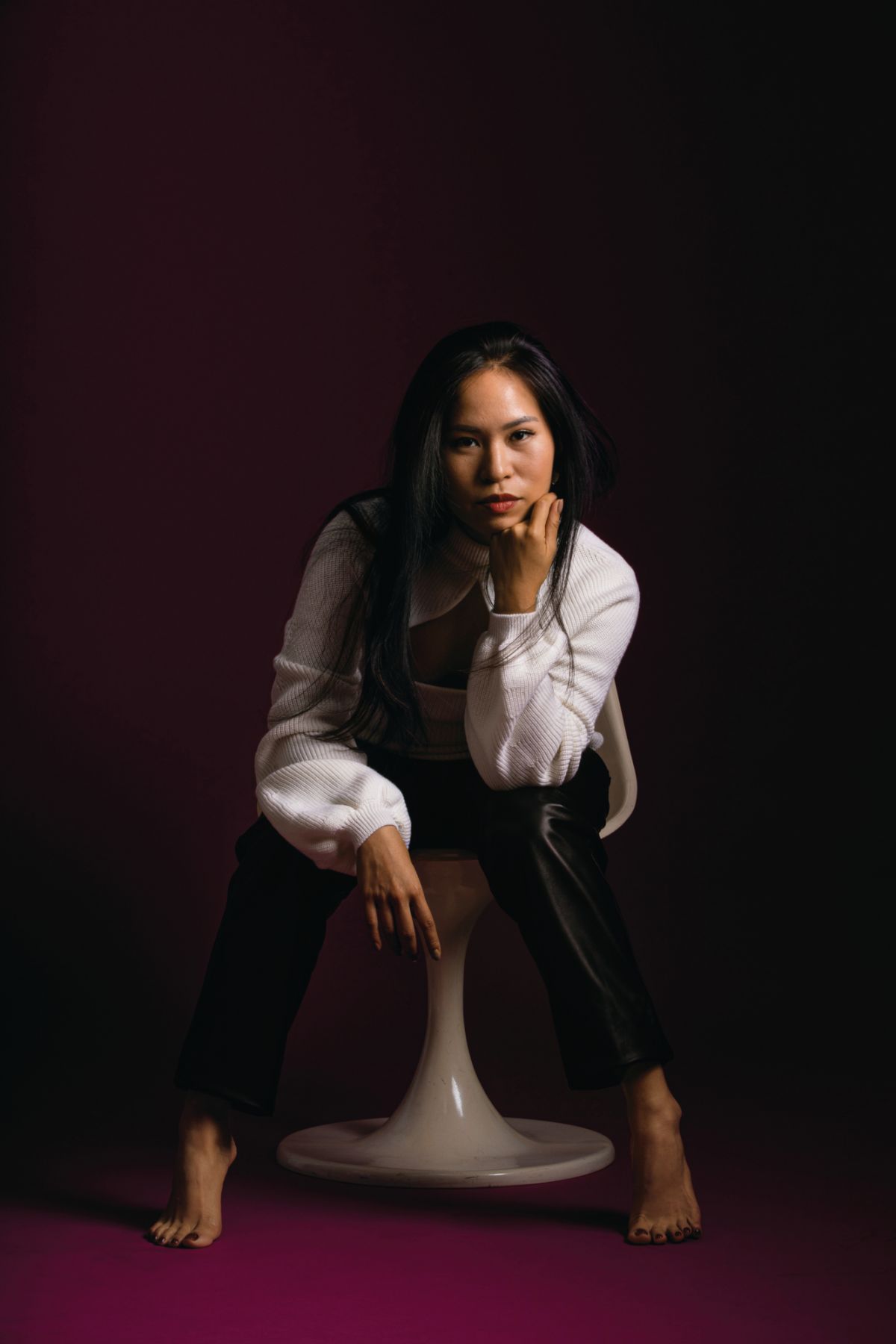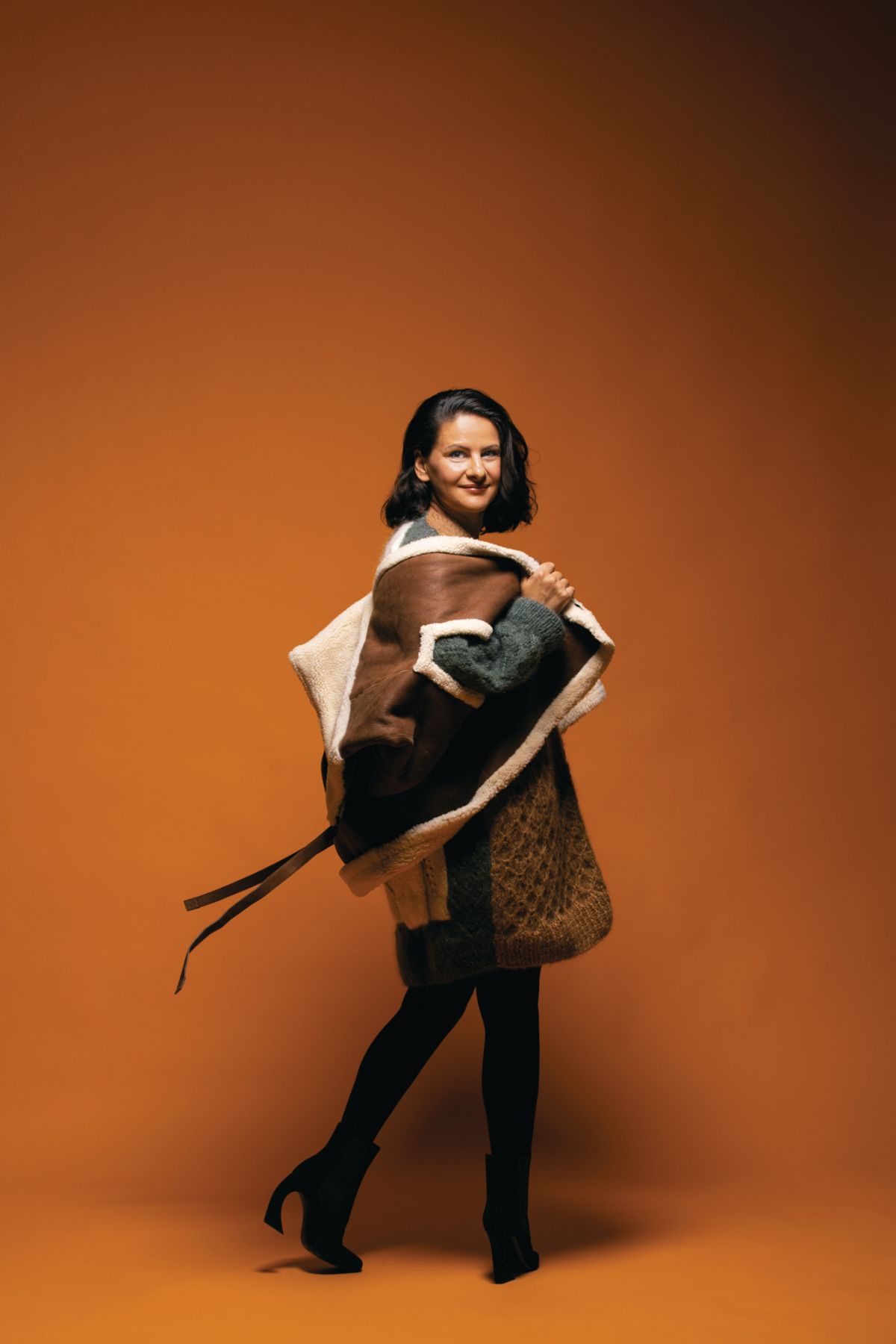These trailblazers from the Gen.T List 2021 are changing the conversation around women’s health, sexuality and mental wellness
Generation T is Tatler’s platform for the leaders of tomorrow, and every year it releases the Gen.T List, a definitive guide to the young trailblazers shaping Asia’s future. This year, Hong Kong has the highest proportion of female honourees since the list was founded in 2016, at 53 per cent, and a striking theme unites four of them: breaking taboos.
These four women each take an innovative, unabashed approach to their work—and draw inspiration from their personal challenges. Megan Lam, founder of AI-driven company Neurum Health, equips people with personalised daily mental health data, empowering individuals to monitor and treat problems sooner; Anca Griffiths is bringing to light other health concerns through expert-led sessions on sensitive topics such as postpartum healing and menopause; artist Claudia Chanhoi uses humour in her illustrations to share deeper messages about the female body and sexual pleasure; and Olivia Cotes-James, founder of Luüna Naturals, wants to remove the shame often associated with menstruation through education and access to organic and reusable period care products.
Together they represent a new wave of female-driven businesses working to raise awareness and drive societal changes that benefit all genders. Here are their inspiring stories.
Megan Lam, Founder and CEO, Neurum Health

Let’s begin with a statistic: 87 per cent of employees have reported work-related stress during the Covid-19 pandemic, according to the Mental Health Association of Hong Kong. It’s grim, if also unsurprising and rather abstract; you likely read it and move on. What Megan Lam does is make stats tough to ignore because they’re personal.
“We use data to piece together your own mental health story and give you options to rewrite it on a day-to-day basis,” Lam says of her app Clara, which uses AI to track a person’s individual behaviours. It’s a wellness companion that provides support through screening questionnaires, articles, exercises and, if needed, alerts to seek in-person help. “Our goal is to raise awareness and help people maintain their mind and lifestyle health where they work, live and play.”



